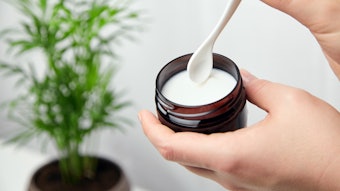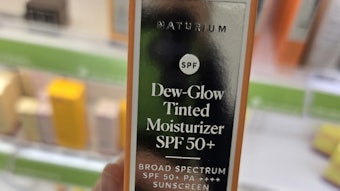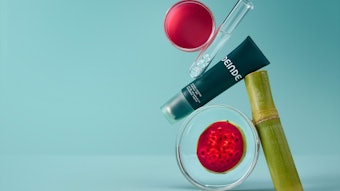
Formulators in both the personal care and health food industries often draw inspiration from one another and take advantage of newly popular ingredients’ healthy reputations. One recent trend brought about by consumers’ desire to eat healthy is the popularity of complex starches as a replacement for refined flour and simple sugars. These “alternative starches” are now making their way from foods into cosmetics in both a functional and callout capacity. Ingredients like arrowroot, maca, and tapioca have all had some forays into personal care, but their prevalence there is only intensifying as they become more popular additions to consumer diets.
One longtime favorite ingredient for use in both health food and cosmetics is maca, the pulverized root of a Peruvian plant that grows high in the Andes. Maca has been cultivated for thousands of years, most notably by the Inca, who valued it as a food crop. Beyond its use as a complex starch in health foods, maca’s fine consistency allows for the easy adjustment of viscosity in creams and lotions.
Another alternative starch that has been adopted by personal care formulators after extensive use in health foods is tapioca powder. Derived from the cassava root, this native of northern Brazil has grown in popularity and become a staple in tropical diets around the world. Besides its reputation as a healthy callout, tapioca powder also serves as an excellent thickening agent, contributing to a velvety feel in skin products.
A newcomer to cosmetics that is just now making the transition from DIY remedy to established ingredient is arrowroot powder. This ingredient is derived from the pulverized rhizome of a plant native to the Caribbean. It can be used as a replacement for talc in color applications and where absorptive properties are needed.
While it is an oil rather than a powder, rosehip oil has also taken advantage of the reputation of rosehips as a super food to drive recognition in personal care. Like many fixed oils, rosehip oil is used as a moisturizer that prevents dehydration. Beyond moisturizing, it is valued as a source of essential vitamins and fatty acids.
There is a great deal of potential for crossover between health food and personal care and this is a dynamic that Berjé and our sister company, The Whole Herb Company, have helped our partners to take advantage of. For samples or more emerging trends in personal care ingredients feel free to reach out to Berjé via the web here.
Disclaimer:
The above paid-for content was produced by and posted on behalf of the Sponsor. Content provided is generated solely by the Sponsor or its affiliates, and it is the Sponsor’s responsibility for the accuracy, completeness and validity of all information included. Cosmetics & Toiletries takes steps to ensure that you will not confuse sponsored content with content produced by Cosmetics & Toiletries and governed by its editorial policy.










